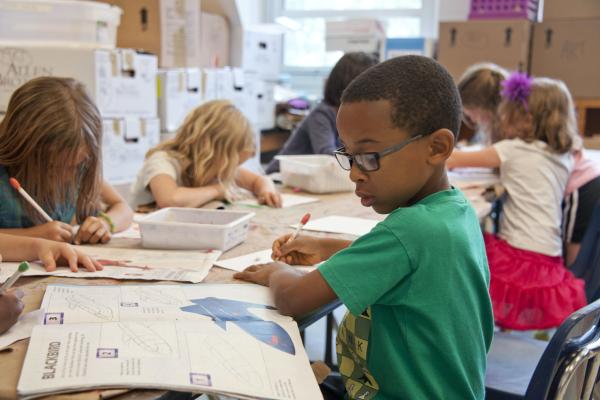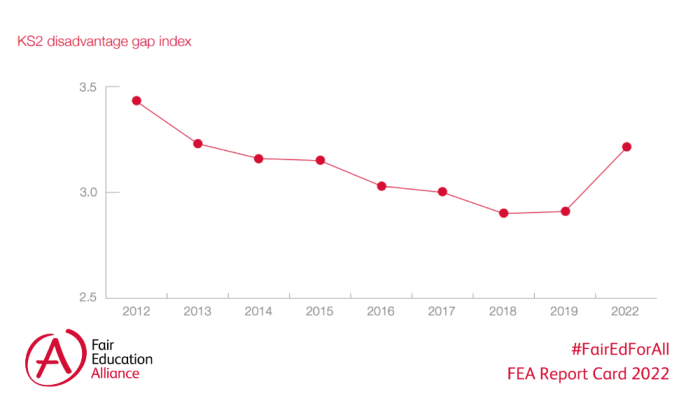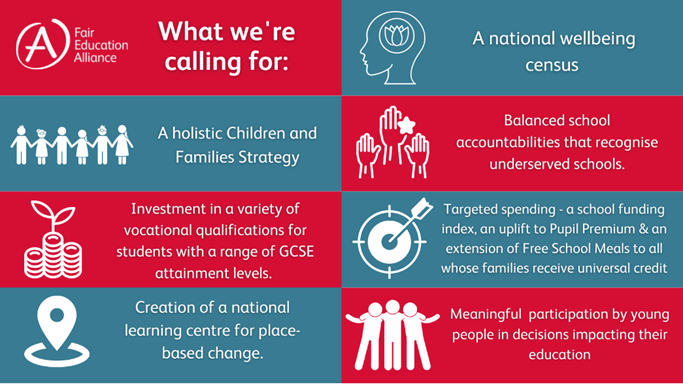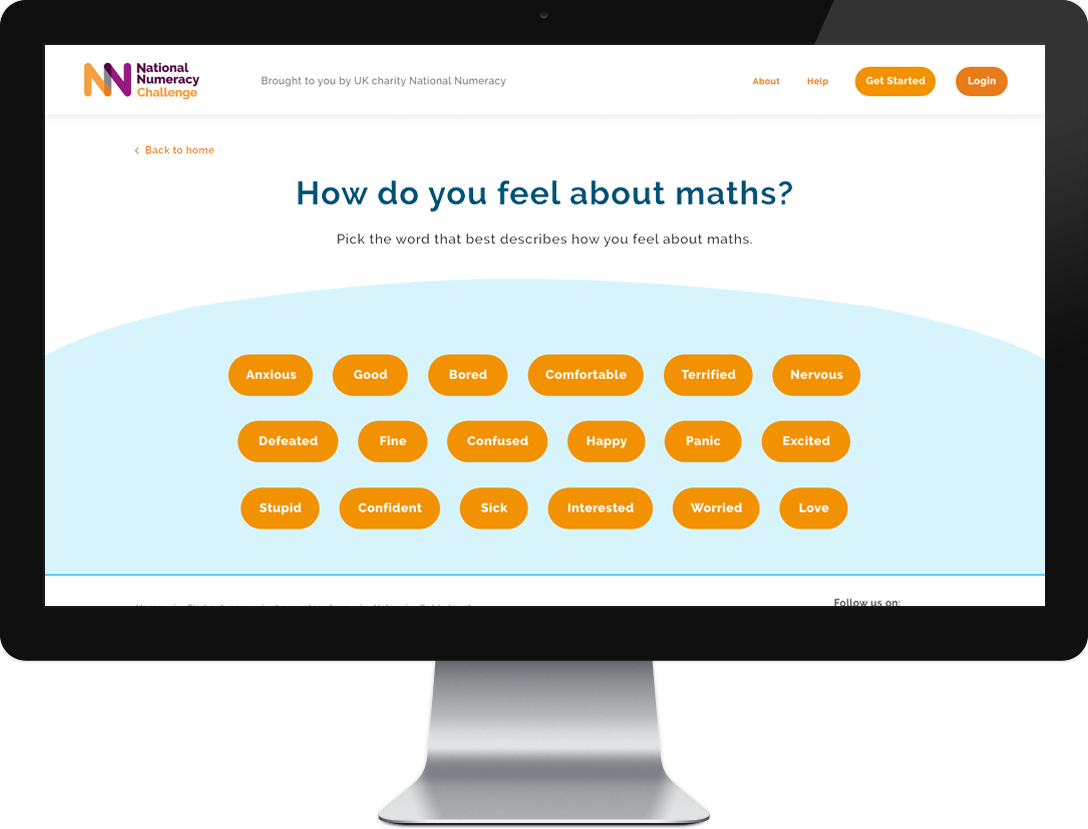As the UK's only charity dedicated to everyday maths, we believe that every child should leave school with the skills and confidence to use maths in everyday life, and an understanding of the value that maths can bring to their lives.
We believe that however they get on with maths at school, they can always improve. But this cohort of people who have left school without the number confidence or numeracy skills they need to get on in life is increasing every year.
Combined with the UK’s stubbornly low levels of numeracy, it paints a sobering picture – but crucially one that we are determined to play a part in changing.








